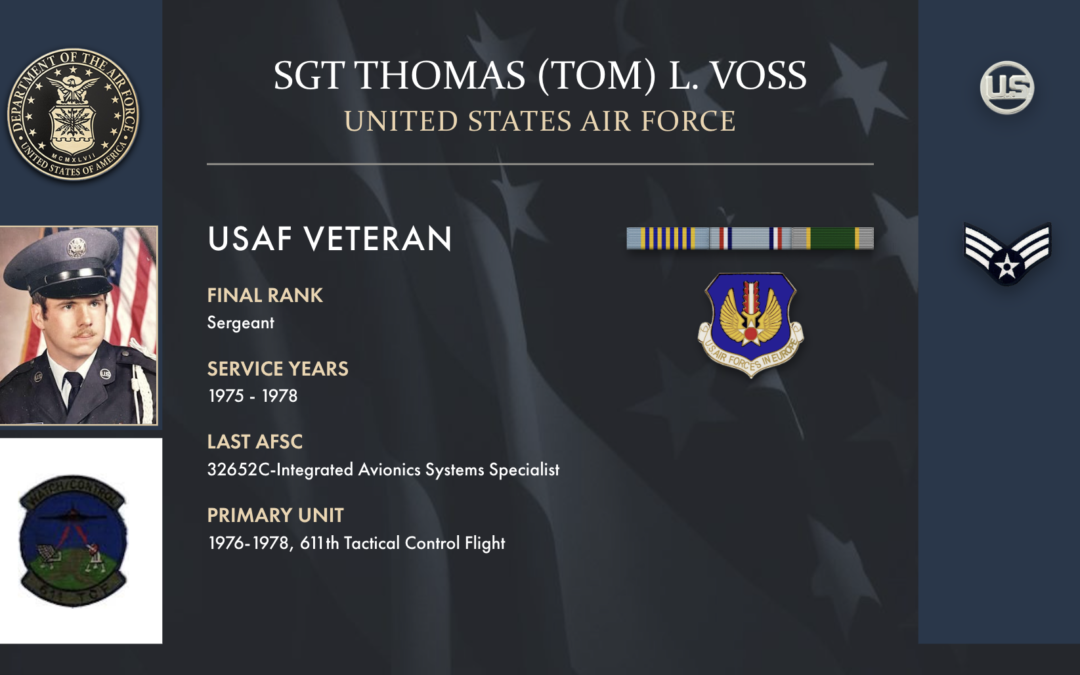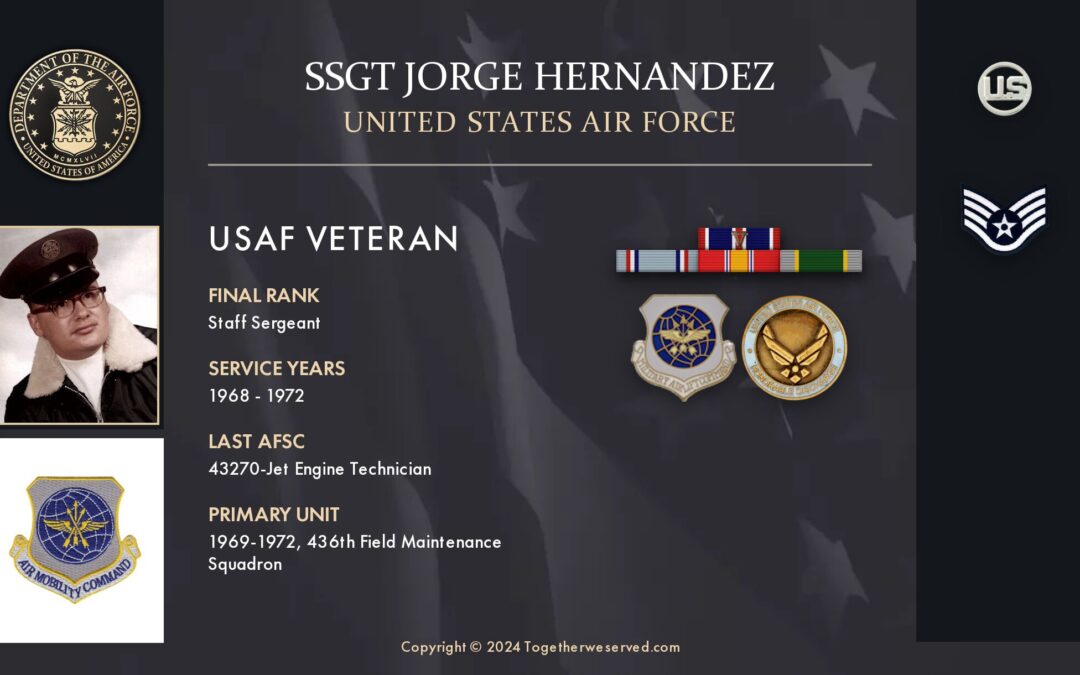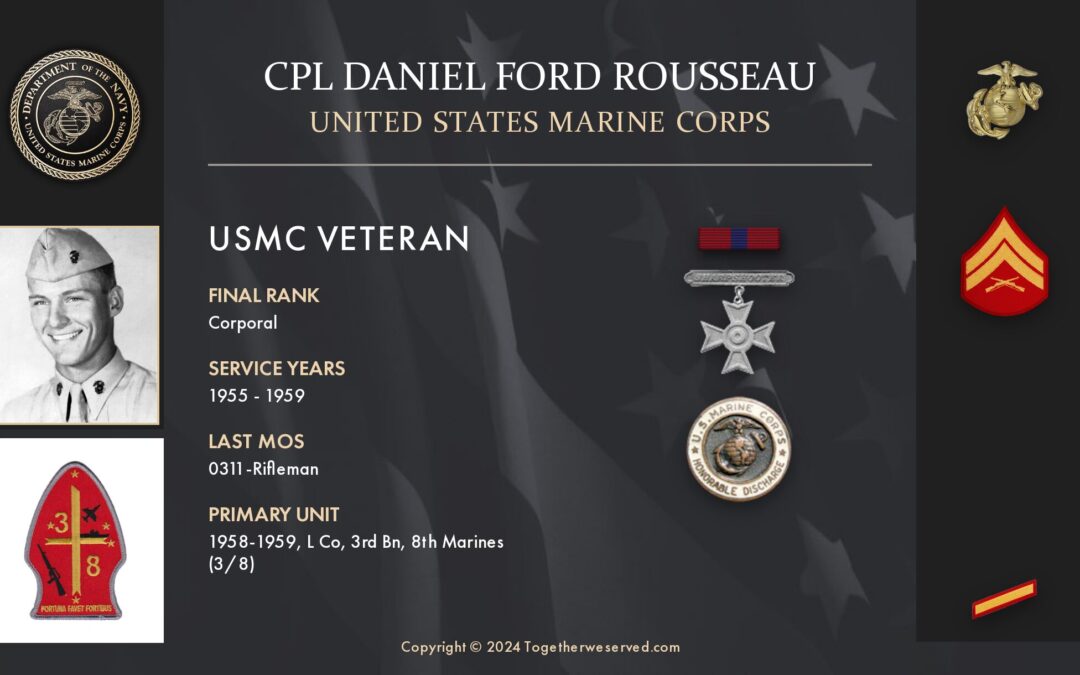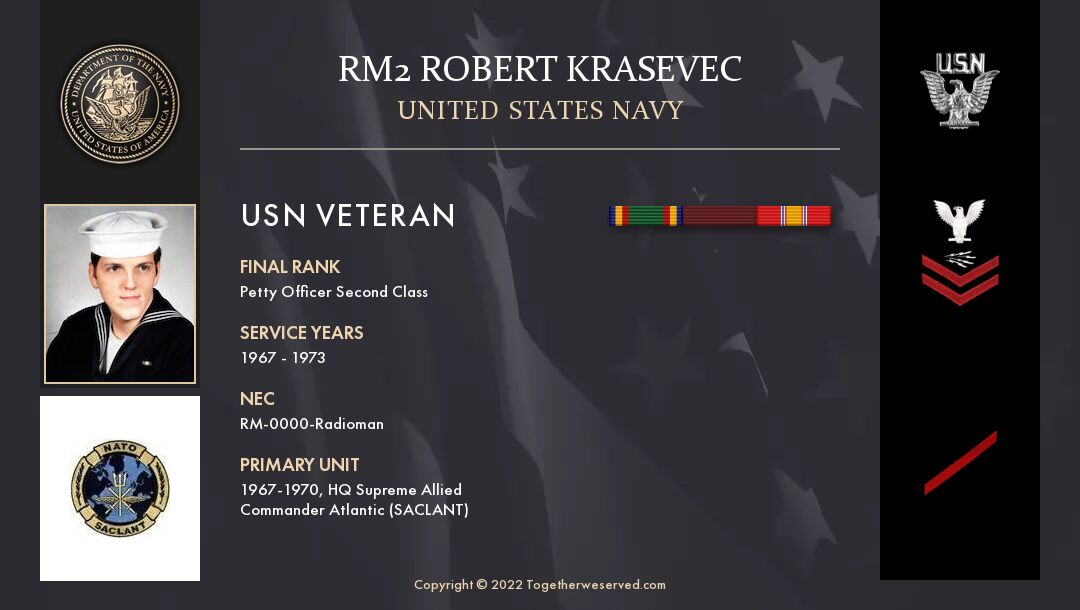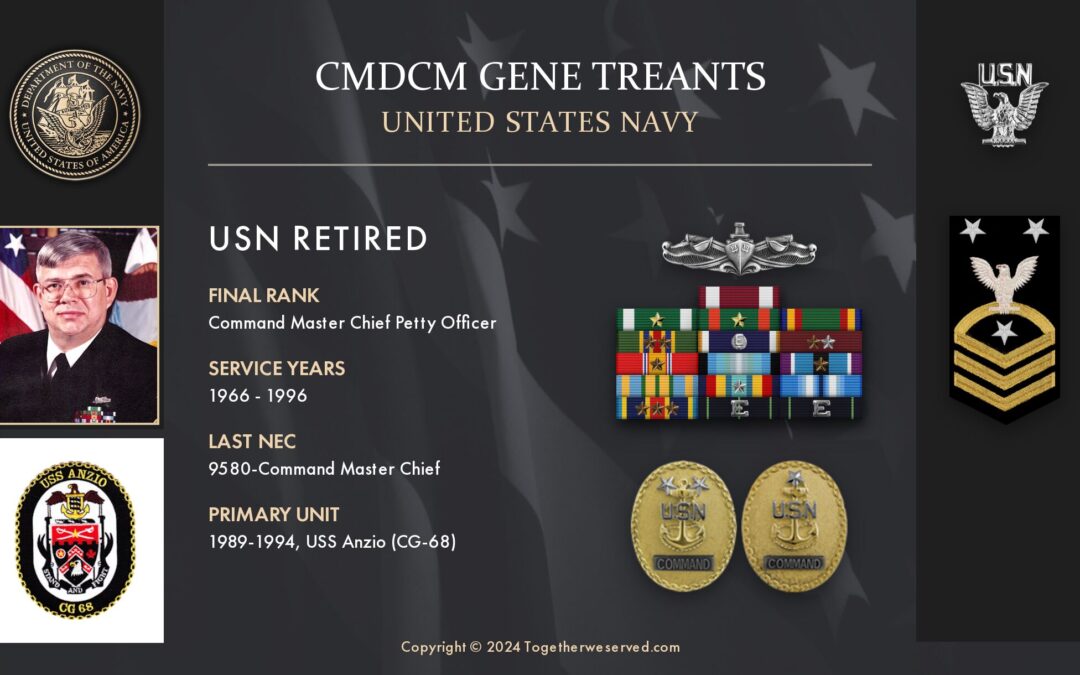I graduated from high school when I was 17, and when I started Junior College, I was still 17. Just before my 18th birthday, dad asked what I was going to do in the spring, and I told him I sure wasn’t going back to college and that I was going to apply for a job with one of the many aerospace companies in the area (Rocketdyne, Thompson-Ramo-Wooldridge, Lockheed, et al). Dad then said that no one was going to hire an 18-year-old, with the draft hanging over his head (there was no lottery in late 1963, and I’d never even heard of Vietnam), and I had no college deferment. He said I ought to just enlist, get my military service out of the way, and learn a skill.


